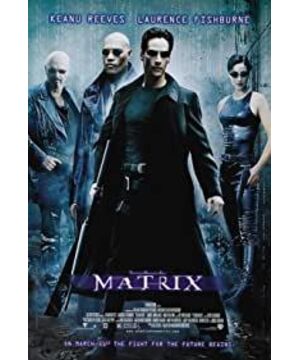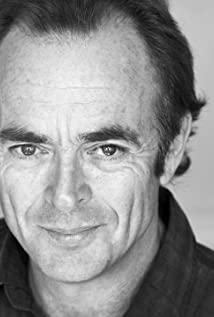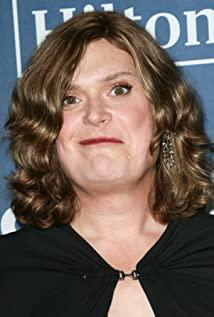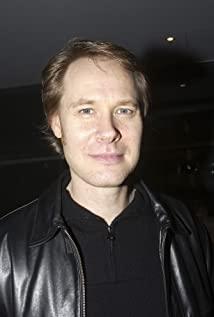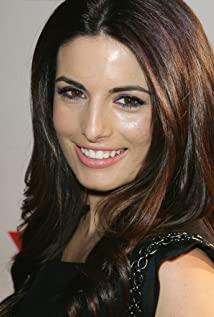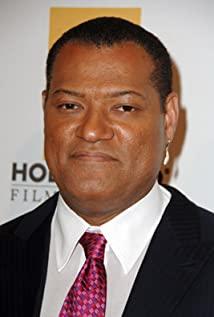Therefore, I wrote this article for my own review in the future, and also for the fans of the Matrix or book lovers to build a bridge.
First of all, give the basic principles of film appreciation: what you hear is unbelievable and is related to the limitations of the character itself (except for the narration); what you see can only be trusted half (even if the protagonist is dead, the sequel needs to be
Can be resurrected by cloning) 1. Does the outside world exist?
After watching "Black", the first reaction of many people is to touch the back of their heads (look for the plug), and have doubts about the "reality" that they once believed in. Here is a question: How can you be sure that you are not living in Matrix? In addition to confirming that your consciousness exists (I think, therefore I am), what else is there to confirm the existence?
A basic false loop argument is that it exists because I feel it. The mistake is to presuppose its existence, and then I perceive it and prove its existence.
In the understanding of film viewing, a question that has caused many discussions is: Is the world of Zion the real world? If not, what is outside of this virtual world? If so, why can neo detonate the squid in the real world?
According to the statement in the book, unfortunately, this proof is difficult to complete. Both are possible. This conclusion is open to you.
Others in the book: materialism (physicalism), idealistic (self-only) ideas
2. Does the mind of others exist?
The machine civilization in "Black", do they have a mind? Just like one day, your TV tells you that it has watched a few episodes of Korean dramas, and I feel very uncomfortable, and I almost don’t believe in love. What kind of expressions are you.
This is another basic question. Assuming that the external world exists and your consciousness exists (because you are thinking), does the consciousness of (people) exist except you? How do you tell if other people are artificial intelligence, or are they just "showing" that you think they are conscious? This question is similar in difficulty to the first question. Although it proves to be difficult, most people assume that other minds (consciousness) exist by default. Then, a more pointed question popped up:
people, monkeys, dogs, pigs, mice, ants, mosquitoes,..., vegetables, bacteria, stones, water droplets
, please give the above objects (you can't find a more suitable word) , Those of them have mind (consciousness)? If you were to draw a line between "have" and "no", where would you draw it? This problem is crazy, and everyone's lines may be drawn in different places. This is where "animal protectionists" are easily attacked by others. If you want to protect animals, why not protect plants? Why protect dogs and not pigs?
Going back to "Black", do you think there is a mind (consciousness) in a robot? Is machine civilization a higher level civilization?
3. Physical and mental problems
There are two scenes in "Black" that are difficult to understand: smth invades a person's brain through the phone, and neo detonates the electronic squid in the real world. Through these two scenes, many people have interpreted that the "real world" is another layer of virtuality. Of course, this conclusion cannot be said wrong, but we need to think about a question first: What is the essence of consciousness?
Is your consciousness your brain itself? (Don’t just listen to Morpheus’s theory of “electronic signals”. He is a big boss and only represents himself.) Or another question, is your brain the carrier of your consciousness (dualism), or are they “one body and two sides” ? Can consciousness exist without the brain?
In fact, according to the "electronic signal" theory, smth's intrusion into the human brain can be easily explained, including neo detonating the electronic squid, but it is a problem with the wired network (with a plug) and the wireless network, especially the description of the effective range of neo's squid detonating at the end , To make this explanation of wireless network more convincing.
But when you are hungry, the food that pops up in your mind; when you see a painting and a poem sounds in your mind; can you really equate your consciousness with the crackling electronic signals? Although I am studying engineering, I feel that this kind of equivalence makes it difficult for me to accept.
4. The meaning of the words When
neo was trapped in the transfer station of the train people, he encountered two programs with his daughter (the next prophet) that were about to be destroyed (the programs are all conscious, which makes it really difficult for coders to accept), yes A conversation about "love".
"Love" is just a word, it expresses an emotion.
This is what the power plant program said to neo. The premise is that neo said that you are a program, although it is a bit more advanced than "Hello World", how can you understand the word "love" that humans can have?
So, do the "love" in my mind, the "love" in your mind and the "love" in the foreigner's mind mean the same thing? How do you know? This is really a problem.
5. Free will
Until I read this book, I didn't know that my previous understanding of "free will" was wrong. Its opposite is "fatalism." What it wants to express is whether the act of "choice" really exists.
For example: there is a cake and an apple on the table; you love cakes and don’t like apples; you are very thin and need to run a marathon for a while; the cakes are delicious, the apples are not washed, and there are bugs on them; you are a character Normally, you will not be able to do things in a standard manner; there is another person next to him who said: "Hurry up and eat the cake, get ready for your strength"; wait and so on.
Anyway, all the conditions point to you should eat the cake. At this time, you have to do one. "Selection", then, what is the result of this "selection"? "Cake" right? So, isn't your choice destined?
So, all our "choices" are determined by our environment, our personality, etc. (note that it is "all") conditions? Or do we really have a "free will" of "choice"?
Some people say that "Black" is a movie about "choices", each character is making his own choice, but "fatalism" is actually the main thread before the end of the film: the prophet predicts every step of the development of things. Until the end, when the little prophet asked the prophet if he knew the ending, the prophet said: "I don't know, I just believe it", seemingly telling everyone "uncertainty", that is, "free will" seems to exist in "Black" .
However, back to the basic principles of movie appreciation: the prophet may be fooling the little prophet, and the prophet also has limitations (such as limited computing power, NP problems are too difficult to solve, etc.)
Others in the book: determinism
6.
True and false neo Waiting for people to invade Matrix and kill a large number of innocent civilians. Is this right or wrong? If machine civilization is a higher civilization, is human resistance right or wrong?
What is the philosophical basis of morality?
When it comes to morality, why does one person’s opinions arouse another’s disgust? Is it possible to have a unified moral view? In order to avoid resentment, this issue will not be expanded.
7.
The topic of fairness and justice has been expanded too much, but my understanding is that on the basis of morality, we cannot pursue fairness in the full sense (some people are beautiful, smart, lucky, etc.), but we have to pursue Fairness (you can’t get the right to be superior to others just because you’re beautiful and smart)
8. Death/ultimate meaning
This is another difficult topic to develop. In fact, I didn’t find a sentence like "Living well is doing a lot of meaningful things." , Meaningful things are more meaningful goals.
Neo traded death in exchange for a reload of Matrix. It is still easy for Zion to be destroyed by machine civilization. Matrix seems to be more conducive to human habitation. So what is the significance of this spiral upgrade of so-called civilization if it is not for the glory of God?
Some people say: "The meaning of life is to promote the continuous upward development of human civilization, so as to finally explore the'meaning of life'"; I can only say: "Zhi, it turns out that recursion is the truth of the universe!"
View more about The Matrix reviews


